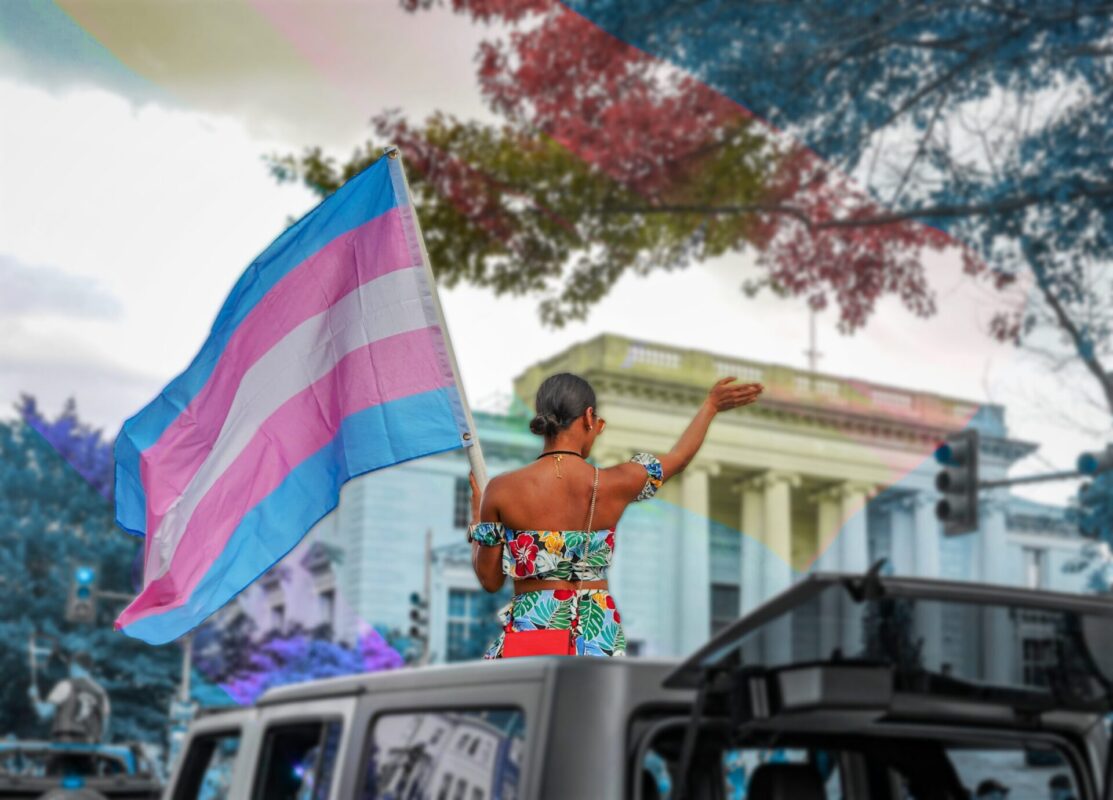Self-Care Strategies for LGBTQ+ Individuals Amid Rising Hate Crimes
The past year has seen a significant increase in hate crimes against LGBTQ+ individuals, creating heightened concern and anxiety within the community. Nationally, over 20% of hate crimes were driven by anti-LGBTQ+ bias for the second consecutive year (Human Rights Campaign, 2024). GLAAD reported an average of 2.5 anti-LGBTQ+ incidents daily in 2024, including over 260 protests, 140 bomb threats, 140 acts of vandalism, and 85 assaults, resulting in at least 90 injuries and seven fatalities (GLAAD, 2024). All of this underscores the urgent need for effective coping strategies to help LGBTQ+ individuals navigate these challenging times. These stressors can take a toll on mental health, making self-care not only important, but vital for maintaining psychological well-being. According to the American Psychological Association, minority stress is a key factor contributing to mental health disparities in LGBTQ+ populations, with discrimination and social exclusion leading to higher rates of anxiety, depression, and substance abuse.
One effective way to counteract the effects of minority stress is by cultivating strong social support networks. Research has consistently shown that social support plays a significant role in buffering the negative effects of stress (Cohen & Wills, 1985). Connecting with other LGBTQ+ individuals, whether through community groups or online forums, can foster a sense of belonging and reduce feelings of isolation. Studies also suggest that having allies who understand and affirm one’s identity can contribute to greater psychological resilience (Detrie & Lease, 2007). Building these relationships can offer emotional validation and solidarity, which are especially crucial during times of political upheaval.
Group therapy can be an effective way to foster this sense of community while providing a safe space for LGBTQ+ individuals to share experiences and process their emotions. A study by Tuthill (2023) found that group therapy not only enhances social support but also reduces feelings of isolation and anxiety among LGBTQ+ participants. Engaging in a group setting allows individuals to connect with others facing similar challenges, reinforcing a sense of belonging and shared purpose.
In addition to social connections, mindfulness and relaxation techniques are scientifically supported methods for managing stress and anxiety. Mindfulness-based interventions have been shown to reduce symptoms of depression, anxiety, and stress, particularly for marginalized groups (Chan & Leung, 2021). These techniques involve focusing on the present moment and accepting one’s thoughts and emotions without judgment. LGBTQ+ individuals facing political challenges may benefit from regular mindfulness practices, such as meditation, deep breathing, or yoga. These practices can help individuals feel more grounded, reduce emotional reactivity, and cultivate a sense of inner peace despite external turmoil.
Lastly, advocating for oneself and engaging in political activism can serve as an empowering form of self-care. Research by Roberts and Christens (2021) shows that activism not only fosters community engagement but also enhances psychological well-being by giving individuals a platform to express their identities and fight against injustice. By participating in local organizations or awareness campaigns, LGBTQ+ individuals can channel their experiences into positive action, reinforcing their resilience and sense of community. Whether through participating in protests, contacting elected officials, or supporting LGBTQ+ rights organizations, activism can foster a sense of agency and purpose. It can also help individuals feel that they are contributing to a larger social movement, providing a counterbalance to feelings of helplessness or despair. By combining community support, mindfulness, and activism, LGBTQ+ individuals can create a holistic self-care routine to navigate the challenges ahead with resilience.
Written by Dr. Julian Matra

License details Creator: Ted Eytan



Leave a Reply